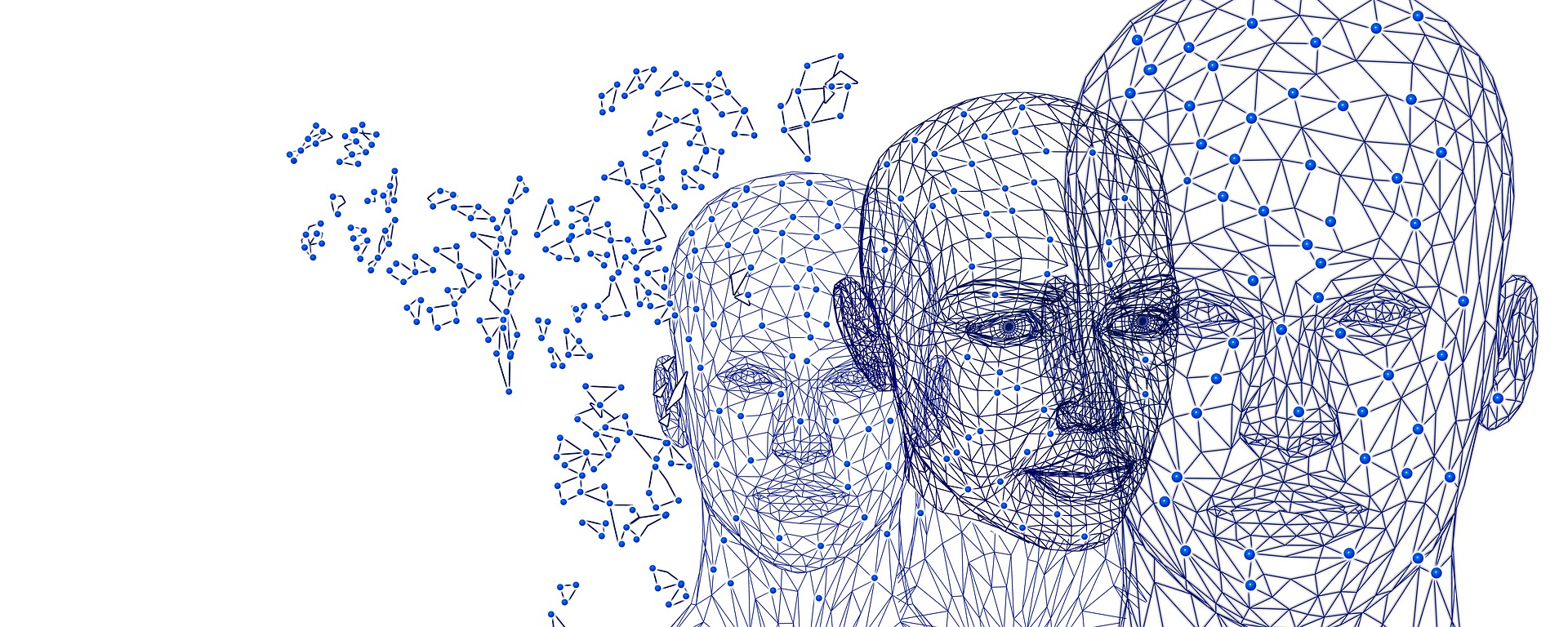- Ernest Yeboah Acheampong Department of Health, Physical Education, Recreation and Sport, University of Education, Winneba, Ghana
- Emmanuel Osei Sarpong Department of Health, Physical Education, Recreation and Sport, University of Education, Winneba, Ghana
- Memunatu Mahamah Department of Health, Physical Education, Recreation and Sport, University of Education, Winneba, Ghana
DOI:
https://doi.org/10.4309/jgi.2022.49.8
Keywords:
academics, leisure activity, gambling, rationality theory, university students
Abstract
Drawing on sports betting, leisure studies and rationality concept provides information to understand how those training to be teachers are gradually gravitating towards gambling to the detriment of their studies at the university. A thorough analysis of 42 young male adults interviewed at betting shops in the university community revealed how they have become involved in sports betting activities for additional financial rewards. Results show that peer pressure is a strong persuader drawing new student teachers to sports betting activities, which makes it difficult for them to effectively focus on their studies. This has resulted in certain of the students getting poor grades, loss of concentration in class, strained relationships, increased exclusion or rejection from study groups, as well as significant negative effects on academic work, health and well-being, family, and society at large. This study recommends that stakeholders in education address this increasing social issue among young male adults through effective preventive strategy and educational promotion as an intervention to avoid thwarting the progress of the new educational reforms in Ghana.
